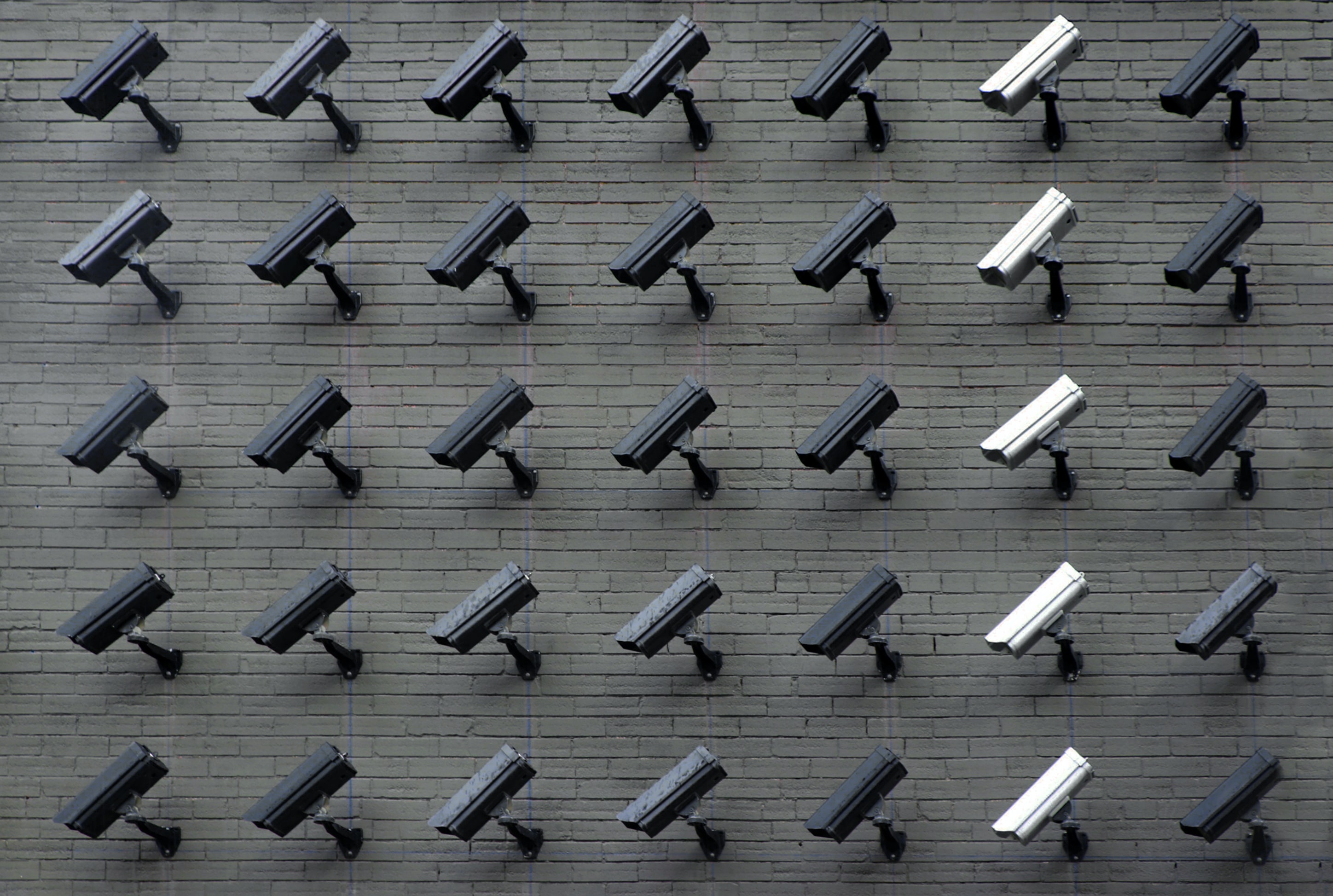
Why the data economy needs to be centred around people not products
Why the data economy needs to be centred around people not products https://www.citizenme.com/wp-content/uploads/2016/03/7001690886_e2ca080b69_h-1.jpg 1024 565 Ryan Garner Ryan Garner https://secure.gravatar.com/avatar/d5d774b86fa69dcb9315259eec6fc589?s=96&d=mm&r=gWe are currently living through a major tectonic shift; from an old economy to a new economy. It’s on the scale of the transition from an agrarian based economy to an industrial one. Like all shifts we experience economic, social and technological tremors. We are now quickly moving away from an industrial economy to an information based one. Some would argue that this shift happened years ago. I believe we are right at the beginning.
We are at the start of this shift because of the way personal information is managed. Personal information is the life blood of the Information Age, it needs to flow freely. However, the Internet was born in the industrial age and has inherited its mass centralised systems. The internet is organised around these centralised systems. It is organised around the products and services we use everyday.
The internet’s true home is in the Information Age. In an Information Age, data (most of it personal data) needs to flow much more efficiently and fluidly. It needs to be decentralised and organised around people, not products and services. There are many reasons for this, but a simple one is based on user experience. Think about all the messaging and social networking apps available. I suspect there are huge overlaps in contacts across all of them for most people. What’s more, we fear the dreaded day that another social network comes along that we have to sign up to, just to speak to one of our friends. If the internet was organised around people then it wouldn’t matter what app was the zeitgeist. People would just connect with people.
A more practical reason why information should be decentralised is that existing mass centralised systems are bursting at the seams. Centralised systems in an Information Age are not compatible. Here are three reasons why:
1. Large numbers of organisations are being hacked because huge volumes of data are stored in one place. At the end of 2015 PwC reported that 90% of large organisations had experienced a security breach. This is an increase on previous studies.
2. Hundreds of millions of people are opting out of digital advertising. PageFair reported that by the end of 2015, 198 million ad-blockers were installed worldwide. Now that Apple iOS supports ad-blockers, Samsung following suit and Three, the mobile carrier, are installing ad-blocking software (Shine) on their network, this will inevitably increase in 2016. The question is: by how much?
3. Distrust is rising among consumers. A recent report by Syniverse shows that 75% of consumers distrust brands with their personal data. This trend is also on the rise.
In an analogue industrial era people didn’t have these problems. That is largely because we did not create much digital information. In an information age people are digital by default. Every action creates a data point. Our smartphones are a reflection of our digital behaviours. They are increasingly becoming a reflection of our identity. But we, the owners, have no control over the data we generate. When the balance of control is one-sided we effectively live in a corporate surveillance based economy. Most business leaders, may not want this. In fact, most technology companies are very outspoken about supporting anti-surveillance measures.
However, the reality is, our data is being monopolised and the reaction is lockdown and privacy. This is bad for business and bad for citizens. If we as digital citizens and businesses, want to reap the benefits of an ‘Information Age’, we need to liberate our personal data. We need to remove friction and distrust by rebalancing the data economy. This rebalancing will only be achieved when we seed more control and ownership of personal data back to people.
In summary, the Information Age is about managing flows. Flows of supply and demand, flows of needs and wants, flows of personal data. New businesses are being formed around the idea of managing flows. The biggest taxi company in the world doesn’t own any cars, it just manages the flow of supply and demand. The biggest hotelier doesn’t own any property, it just manages the flows of under-utilised accommodation and those looking for somewhere to stay.
In the future, the most successful data companies will not own any data. They will just manage the flow of data between those that have data and those that need data.
This is the first part an adapted version of my talk at the Greenbook Insights and Innovation Exchange (IIeX) event in Amsterdam (3rd March 2016).
Picture courtesy of Gregory Bodnar – Creative Commons Attribution-ShareAlike 2.0 Generic (CC BY-SA 2.0)
- Posted In:
- Business blog
- Citizen blog
Ryan Garner
Ryan has provided insights to global brands, helping shape products and services around real customer needs. He has spent the past 3 years helping businesses think about the opportunities in the personal information economy. He now brings this experience to CitizenMe. As much as Ryan loves technology, he likes to escape by growing fruit and veg on an allotment with his kids. And if you have not already heard, Ryan is a very smug Leicester City supporter right now!
All stories by: Ryan Garner





Leave a Reply